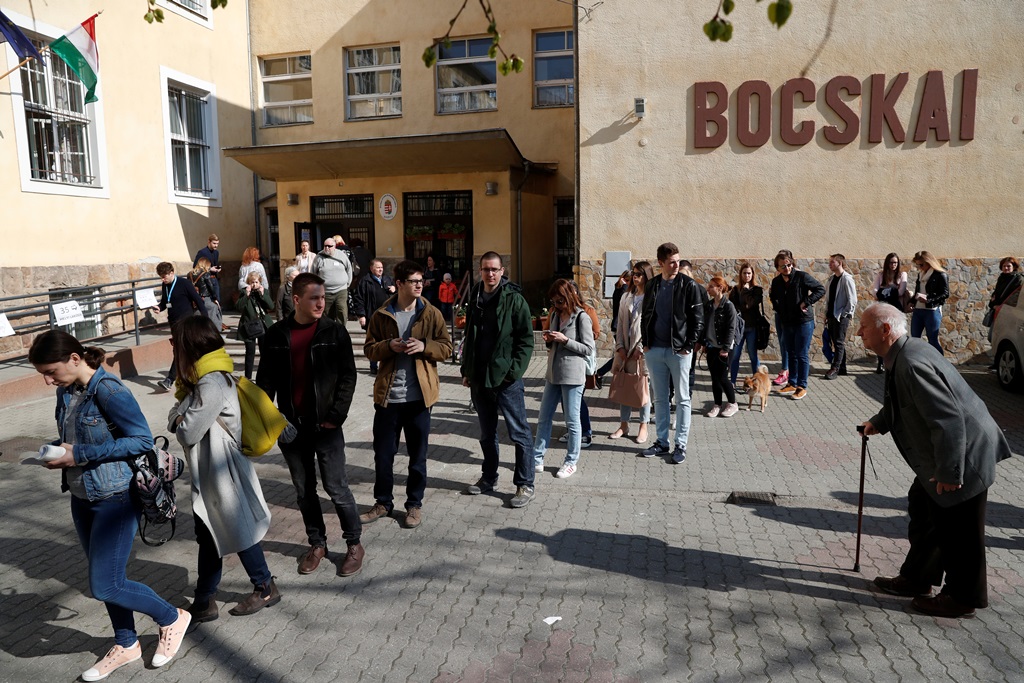Local Elections in Hungary

What were the election results??
Fidesz won a majority and strengthened its position in all county assemblies. This means that it is still the largest political force in Hungary. Its mayoral candidates also won elections in most small towns and villages, however, the party lost in Budapest, both for mayor and in 14 of its 23 districts. The opposition also won a majority on the Budapest City Council (18 out of 33 seats), as well as mayoral posts in 10 out of 23 major cities with county rights (compared to three in 2014) and the majority of their councils. The opposition candidates even won in cities where Fidesz was considered a favourite (e.g., in Miskolc, Pécs, and Eger). This was the first election since local elections in 2006 in which Fidesz did not score an absolute victory.
Why is the opposition’s victory in Budapest significant?
Municipal politics affect the distribution of political forces in the country because about a fifth of Hungary’s population lives in Budapest. The mayor-elect, Gergely Karácsony, is not a new figure in politics—since 2010, he has been a member of parliament representing the Greens party LMP (Politics Can Be Different) and later the party PM (Dialogue for Hungary). In the parliamentary election in 2018, he ran on a joint list of PM and the Socialists as their candidate for prime minister. Since 2014, he has been the mayor of the 14th district of Budapest. By winning the mayoral election in the capital, he will be one of the most credible opposition politicians. He can use his post to build up his position as an opposition leader at the national level.
Why is the opposition pleased with the results?
The opposition’s electoral strategy was key to its success. This was the first time that all the opposition parties holding seats in the national or European parliaments actually unified in a single force—in large and medium-sized cities, only one opposition candidate ran against the Fidesz candidate. Also, Viktor Orbán, the unquestionable leader of the ruling party, did not get involved personally in the campaign, considering victory as certain across the country. Another reason is the high level of activity of NGOs and volunteers, which may have contributed to the success of the opposition in Budapest. Fidesz was also weakened by video recordings released shortly before the election of the mayor of Győr, Zsolt Borkai, in compromising situations on a luxury yacht in Croatia. Not only did the content of these recordings raise voter indignation but also the fact that the people visible in them were beneficiaries of local tenders.
What do the election results mean for the ruling party?
The election results will not directly weaken the central government. Fidesz still has a constitutional majority in parliament, won the majority of the largest cities, and its position in the countryside and small towns is indisputable. In addition, the next parliamentary elections will be held only in 2022, and institutional advantage allows the ruling party to prepare for them and to govern in a stable manner. However, the opposition victory in a number of major cities will limit the dominance of Fidesz, which to a great extent is based on its power to subordinate local businesses. The new mayor of Budapest announced on the night after the election that he would publish the details of contracts and tenders in the capital. Revealing possible corruption scandals will become easier for the opposition.
What are the consequences of the election for domestic politics?
The elections showed that despite Fidesz’s financial and institutional advantages and media dominance, the opposition can still win in democratic elections. Opposition parties can more effectively build their position from the local level ahead of the next parliamentary elections. The ruling party suggested in the campaign that only if its candidates won would cooperation with the local government be beneficial for the municipalities. This could prove to be a realistic scenario in the Hungarian reality of weakened local governments and high centralisation of administration. However, considering the number of opposition victories in large cities, the government will not be inclined to hinder the work of municipalities governed by opposition mayors, for example, by limiting access to funds, in order not to lose ground among its electorate.




